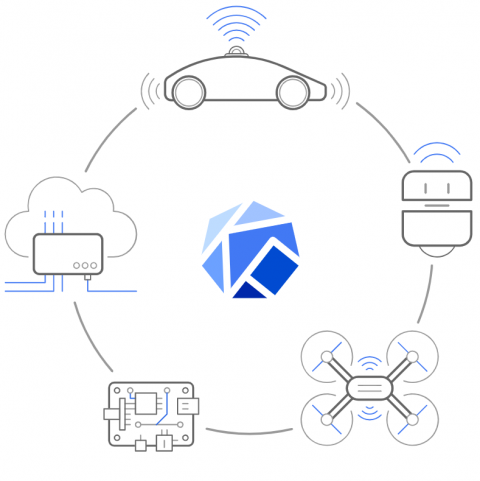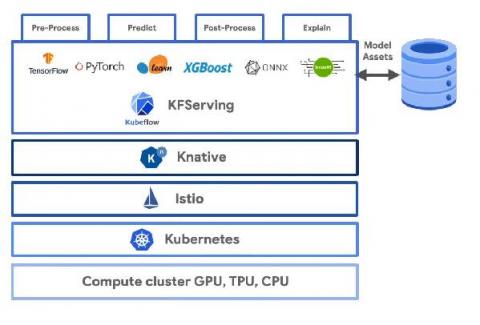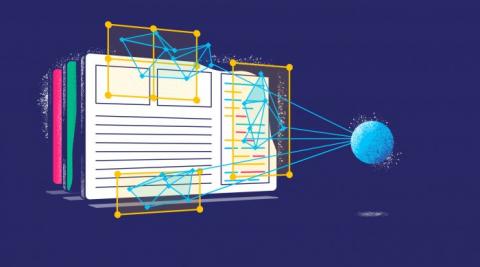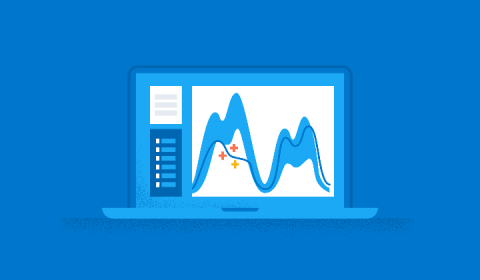Splunk with the Power of Deep Learning Analytics and GPU Acceleration
Splunk is a machine data platform with advanced analytic capabilities that allows anyone to get valuable insights from their data. With unlimited use cases, you can leverage SPL to run any analytics you want. SPL has been supporting native machine learning capabilities for some time now. All you have to do is install the Splunk Machine Learning Toolkit (MLTK) and you are good to start predicting !







